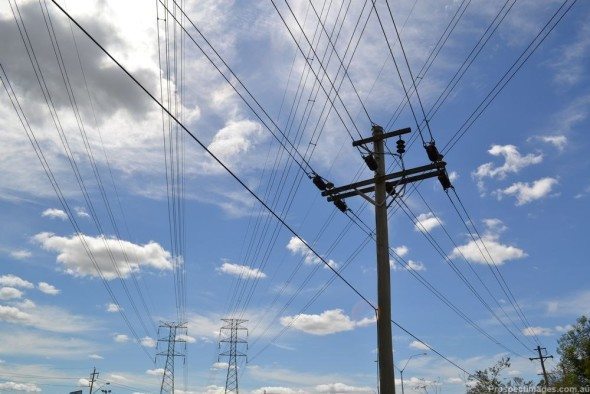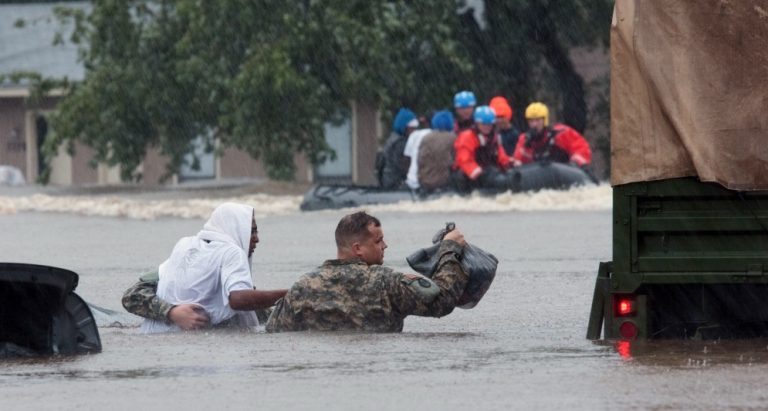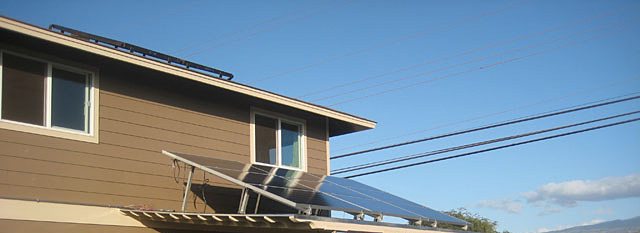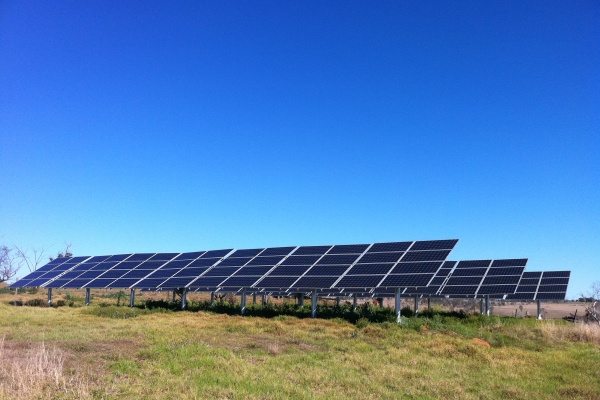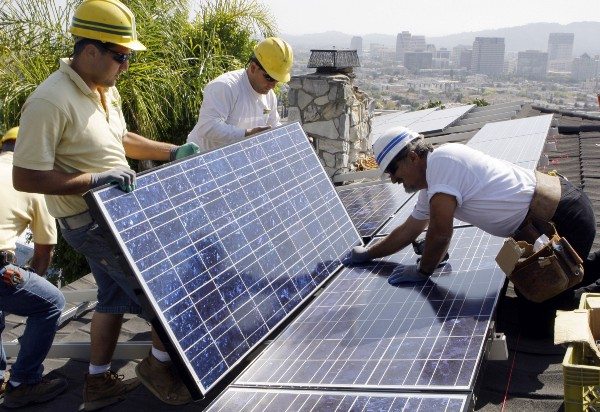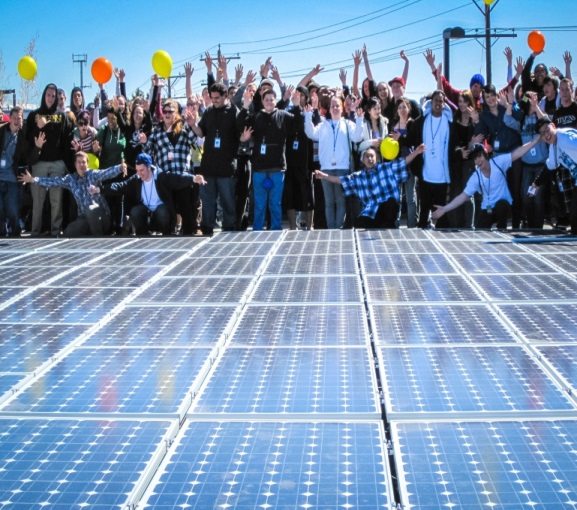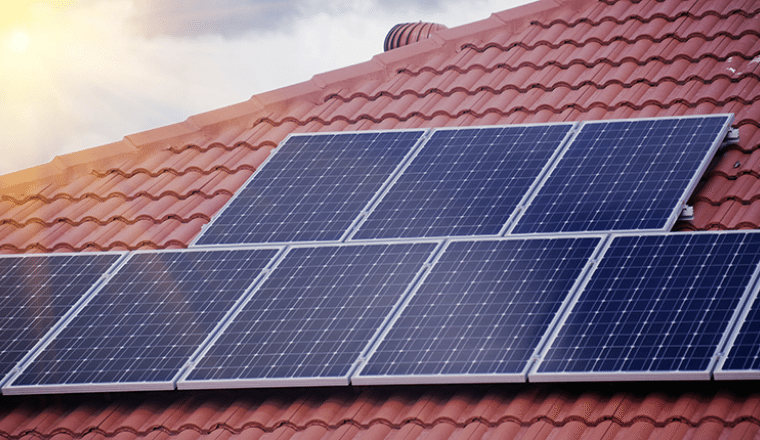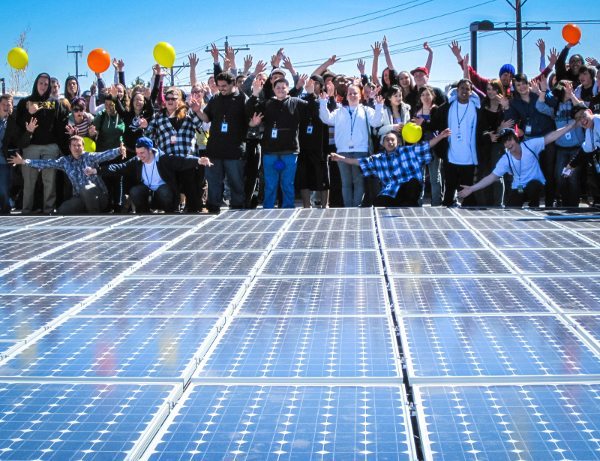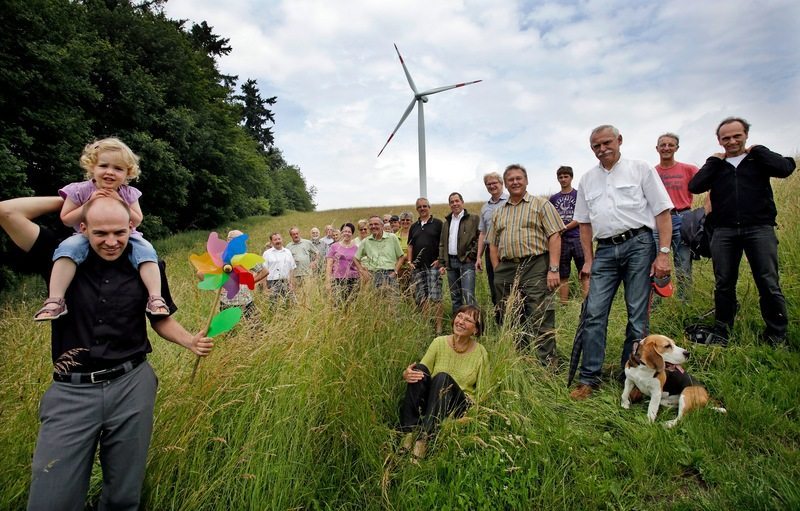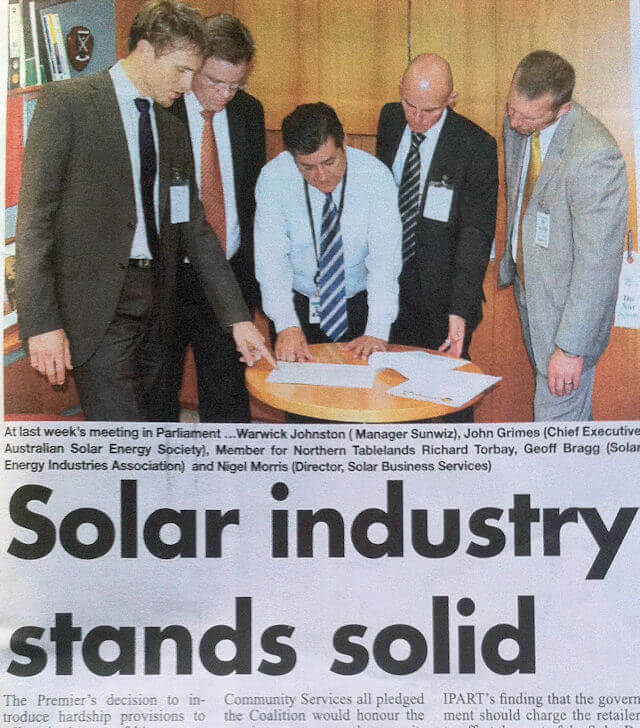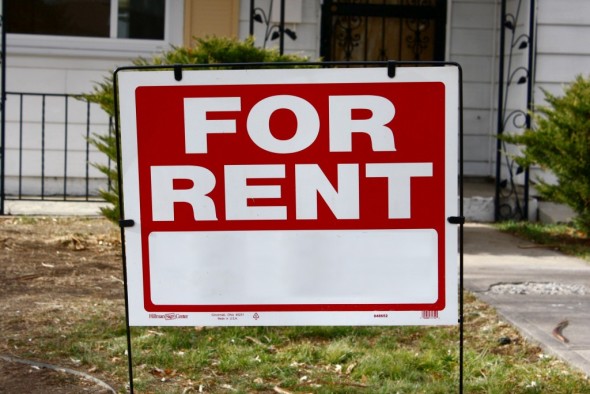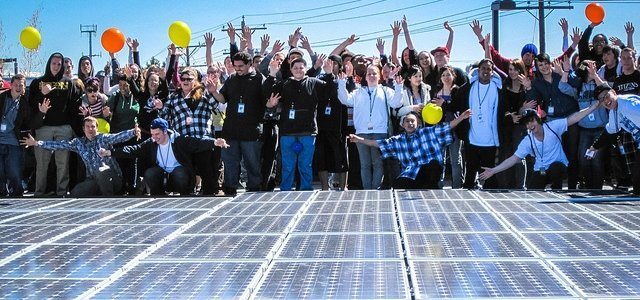What is a reasonable Feed-in Tariff (FiT) and why should a solar household in Bundanoon receive less than a solar household in Ballarat?
Policy
Frustrated by bloated power bills and frequent shutoffs, citizens of Pueblo have lobbied the city council to abandon natural gas and switch to more affordable renewable energy.
This year, the retail part of the electricity sector will be getting lots of official attention. Deservedly so, because the "cheap offers" are no longer so cheap.
Victoria solar households to get big lift in payments for exports to the grid, but Greens say households still being sold short.
AEMC report says most Australian households can expect to pay between 4-10% more for their 2017-18 electricity bills, thanks largely to the cost of the RET and the exit of Victoria's Hazelwood brown coal plant. But is it really as black and white – or even green – as all that?
Hurricane Matthew made a blunt case for microgrids last week as it toppled thousands of electric poles and wires across four American states.
Energeia report finds that an enlightened Australian electricity market, built around demand-based network tariffs, could save as much as $16bn in avoided infrastructure costs and cut power bills by 30%.
As the industry awaits the regulator's decision on a proposed NEM rule change that would give "local network credits" to distributed energy generators, a major Australian study has found such a measure could save $1.2bn on avoided network infrastructure costs.
The Los Angeles City Council took a major step Friday toward making the city run on clean energy alone.
With an increasingly supportive regulatory environment and growing interest, community solar in the US could contribute nearly half of all solar installations by 2020. Here's how they do it.
Four out of five solar households interested in battery storage, with one out of four households considering using battery storage to quit the grid altogether.
Federal Opposition's newly launched Climate Action Plan will put nearly $100m towards developing a Community Power Network and a series of "regional hubs,” as well as an annual competitive grants program.
The transition to 100 per cent renewables for Australia is inevitable, say the authors of a major new report. The only question is how quickly and how fairly it will be done – and that's where community energy comes in.
The much criticised NSW solar bonus scheme is due to end soon. It cost a lot less than feared - 50c/week to households - and laid the foundations for a clean energy industry.
City of Adelaide solar initiative will remove upfront costs and provide payment plans for city's low-income and rental households, in effort to extend rooftop PV uptake – and savings – beyond the traditional market.
How can public acceptance of utility projects be increased? Policymakers want to allow citizens to invest in such projects, but the focus is insufficient. Citizens want more than just financial benefits.
